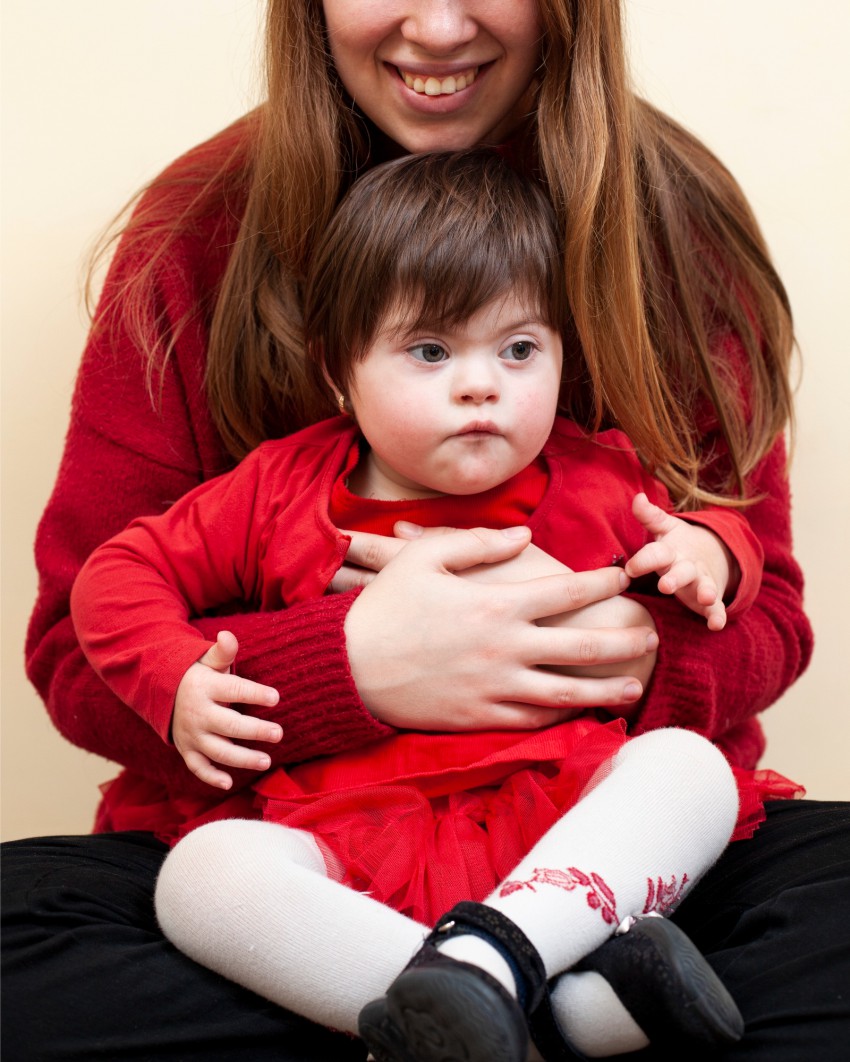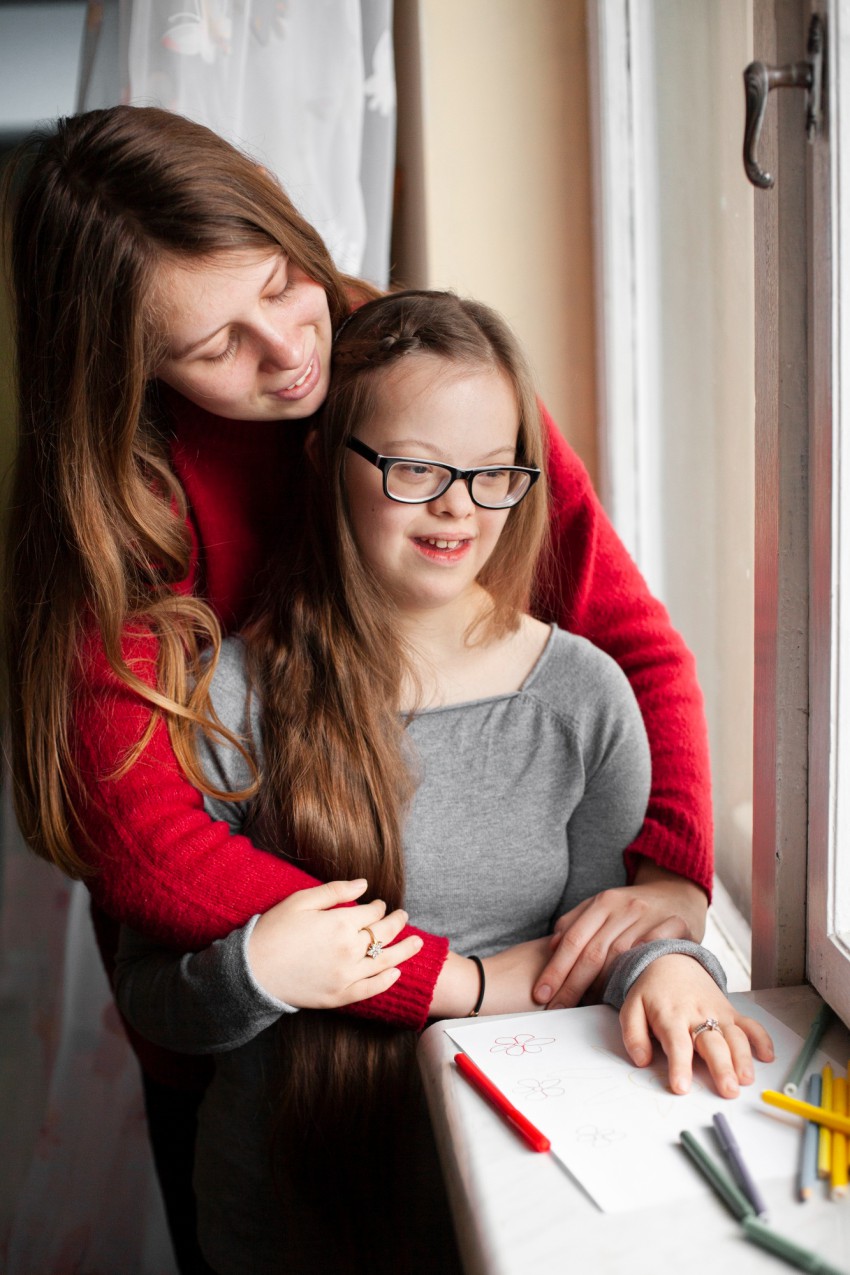Caring for your baby or young child
- Be patient and upbeat with your young child as they learn to turn over, sit, stand, walk, talk, and master other skills.
- Help your baby learn to talk. Use simple communication. This includes looking at your baby while speaking or showing and naming objects.
- To help your child learn to walk:
- Move your baby’s arms and legs in swimming motions.
- Bounce your baby on your lap while you hold your baby in a standing position.
- Help your baby roll over so that they can become stronger and more mobile.
- Support your baby in a sitting position, but let them lean forward for balance.
- Encourage your child’s use and control of the large muscles of the legs, trunk, and arms and the smaller muscles of the hands:
- Place toys just out of your child’s reach. Encourage your child to get them.
- Play pat-a-cake with your baby.
- Place your baby’s legs so that they are touching when you carry or hold your baby.
- Let your child slap their hands and bang pots on the table at times.
- Enroll your young child (infant through age 3) in an early-intervention program. Trained staff will help your child get stronger and learn new skills.
- Know that it is okay for your child to be challenged and to sometimes fail.

Caring for your teen
- Encourage your teen to take part in school and community activities. Give your teen the chance to form healthy friendships. Friends can help your teen feel happy and like they are part of the group.
- Support your teen’s interests, such as in art or music.
- Start early to prepare your child for healthy adult relationships. Puberty starts at about the same age for teens with Down syndrome as for other young people. Your child will have many of the same sexual feelings as other teens.
- Discuss love, mutual respect, kindness, and how to form friendships.
- Discuss birth control in a clear, simple way.
- Teach safer-sex practices to prevent sexually transmitted infections.
- Teach respect for his or her body and the bodies of others.
- Talk openly about your morals and beliefs.
- Be involved with your child’s education. Your child may need an adapted curriculum and might attend special classes.
- Help your child set a daily routine to take care of hygiene needs. Teach him or her to shower or bathe and use deodorant.
- Encourage your child to be active. Find activities your teen enjoys. Regular exercise is important for your child’s health and well-being.
- Help your child avoid abuse by teaching them how to be assertive and to recognize threats. These teens are more at risk for sexual abuse, injury, and other harm. Carefully screen caregivers. Teach your child to go out with a buddy. Talk about how to respond to strangers.
- Seek counselling for your teen if you notice signs of depression. Your teen is at increased risk for depression, especially after a loss or a major upset in the normal routine. A change in behaviour is often the first sign of a problem.
- Start planning for your teen’s future. Many adults with Down syndrome have jobs and live independently in group homes or apartments with support services. Occupational therapy can help teach your teen the skills they need for adult life.

